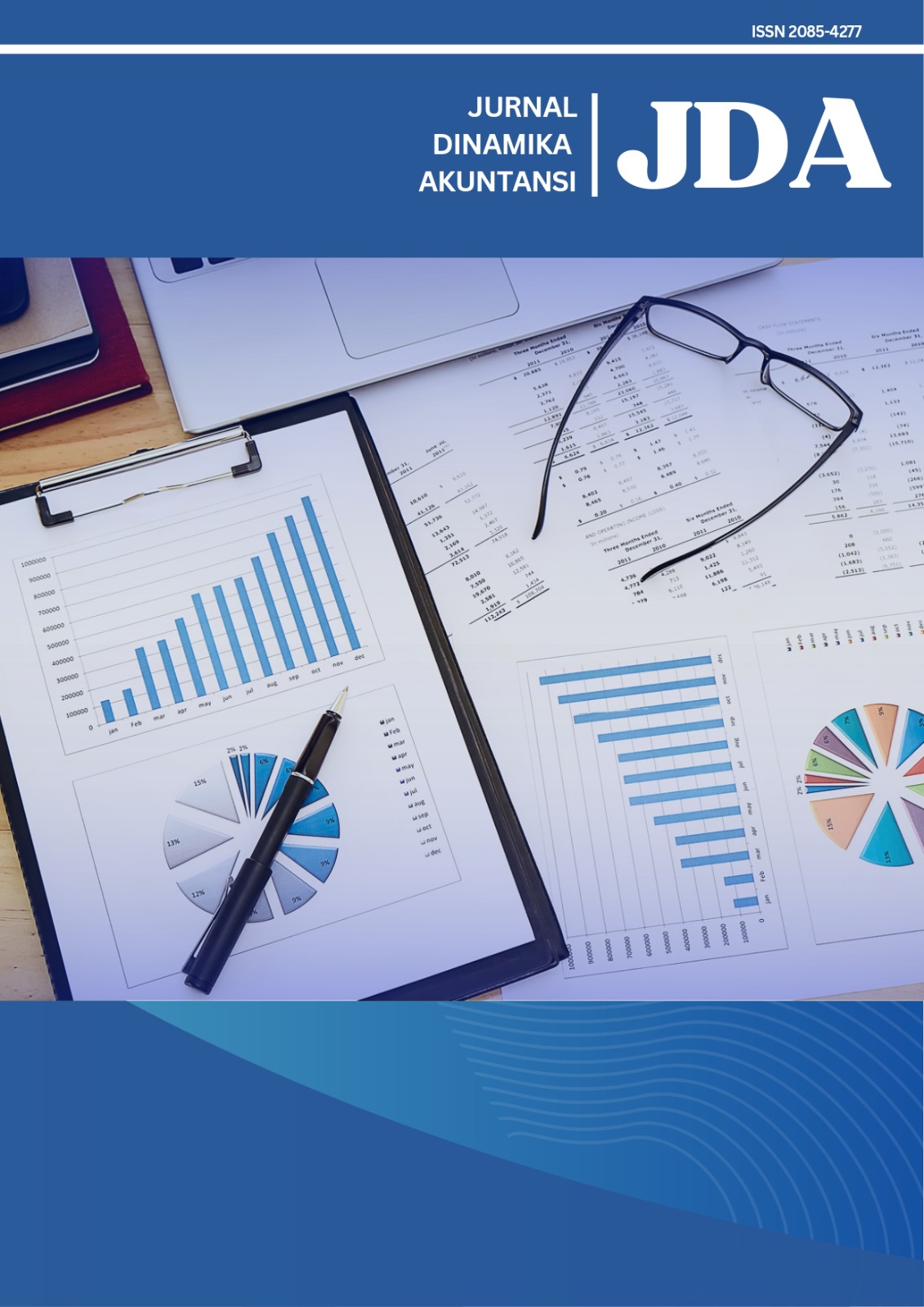Auditor’s Professional Skepticism and Experience on Fraud Detection: The Moderating Role of Professional Ethical Commitment
DOI:
https://doi.org/10.15294/jda.v16i1.4037Keywords:
Professional Skepticism, Auditor Experience, Ethics, Fraud.Abstract
Purposes: This study aims to examine the effect of professional skepticism and experience on auditor’s ability to detect fraud, as well as investigate whether professional ethical commitment can moderate the two independent variables.
Methods: This study utilized a sample comprising 163 government internal auditors who were employed at 13 Regency/City Inspectorates within the province of South Kalimantan and had completed a questionnaire. Testing was conducted using the PLS regression method.
Findings: This study found that professional skepticism and experience had a positive effect on the auditor’s ability to detect fraud, but professional ethical commitment did not moderate the two independent variables on the dependent variable. This research is expected to be taken into consideration in terms of auditor accountability in detecting fraud in local government agencies.
Novelty: This research contributes to the theory related to auditor behavior in decision-making, specifically the attribution theory, as it involves a combination of internal and external factors in an individual’s behavior, in this case, internal auditors. The originality of this research lies in the use of professional ethical commitment as a moderating variable to strengthen the influence of professional skepticism and auditor experience on the auditor’s ability to detect fraud.

